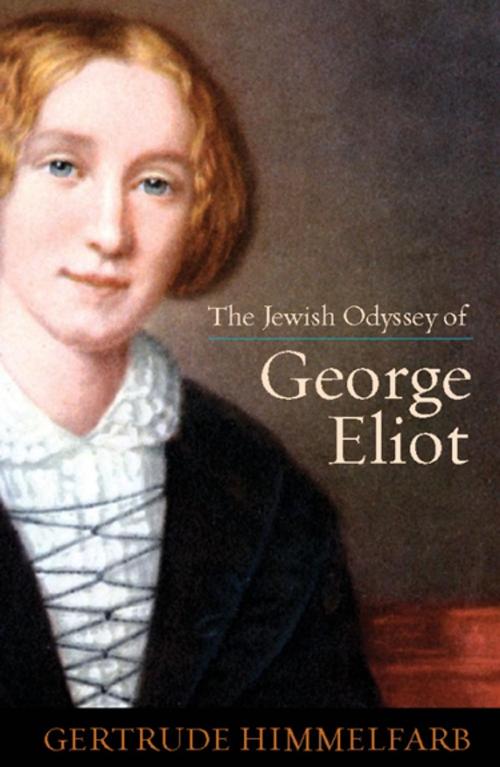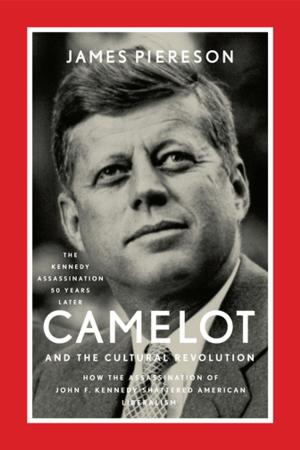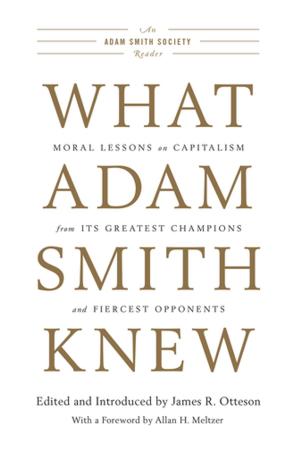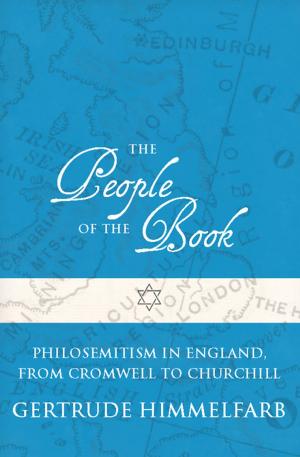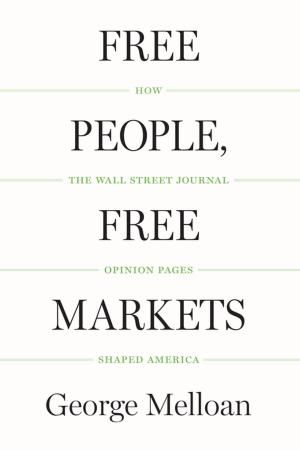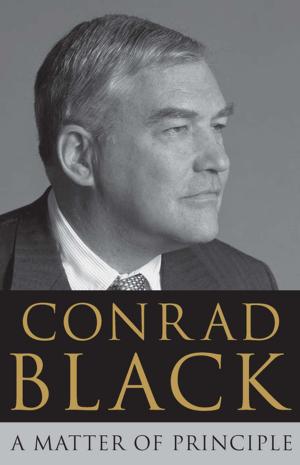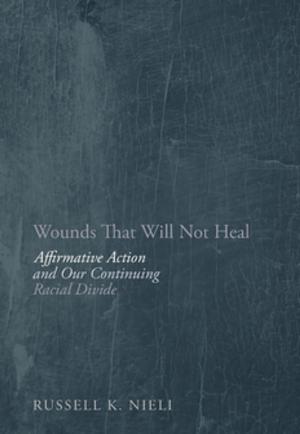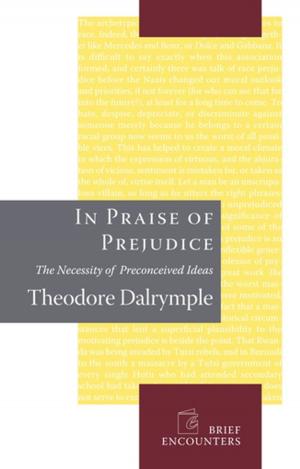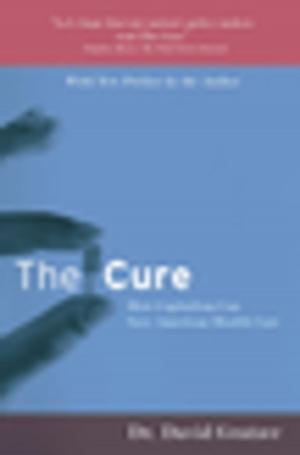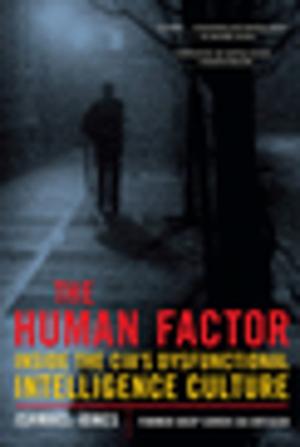| Author: | Gertrude Himmelfarb | ISBN: | 9781594033872 |
| Publisher: | Encounter Books | Publication: | May 11, 2009 |
| Imprint: | Encounter Books | Language: | English |
| Author: | Gertrude Himmelfarb |
| ISBN: | 9781594033872 |
| Publisher: | Encounter Books |
| Publication: | May 11, 2009 |
| Imprint: | Encounter Books |
| Language: | English |
It is one of the curiosities of history that the most remarkable novel about Jews and Judaism, predicting the establishment of the Jewish state, should have been written in 1876 by a non-Jew a Victorian woman and a formidable intellectual, who is generally regarded as one of the greatest of English novelists. And it is still more curious that Daniel Deronda, George Eliot’s last novel, should have been dismissed, by many of her admirers at the time and by some critics since, as something of an anomaly, an inexplicable and unfortunate turn in her life and work.
Yet Eliot herself was passionately committed to that novel, having prepared herself for it by an extraordinary feat of scholarly research in five languages (including Hebrew), exploring the ancient, medieval, and modern sources of Jewish history. Three years later, to reenforce that commitment, she wrote an essay, the very last of her writing, reaffirming the heritage of the Jewish nation” and the desirability of a Jewish state this well before the founders of Zionism had conceived of that mission.
Why did this Victorian novelist, born a Christian and an early convert to agnosticism, write a book so respectful of Judaism and so prescient about Zionism? And why at a time when there were no pogroms or persecutions to provoke her? What was the general conception of the Jewish question,” and how did Eliot reinterpret that question,” for her time as well as ours?
Gertrude Himmelfarb, a leading Victorian scholar, has undertaken to unravel the mysteries of Daniel Deronda. And the mysteries of Eliot herself: a novelist who deliberately wrote a book she knew would bewilder many of her readers, a distinguished woman who opposed the enfranchisement of women, a moralist who flouted the most venerable of marital conventions above all, the author of a novel that is still an inspiration or provocation to readers and critics alike.
Yet Eliot herself was passionately committed to that novel, having prepared herself for it by an extraordinary feat of scholarly research in five languages (including Hebrew), exploring the ancient, medieval, and modern sources of Jewish history. Three years later, to reenforce that commitment, she wrote an essay, the very last of her writing, reaffirming the heritage of the Jewish nation” and the desirability of a Jewish state this well before the founders of Zionism had conceived of that mission.
Why did this Victorian novelist, born a Christian and an early convert to agnosticism, write a book so respectful of Judaism and so prescient about Zionism? And why at a time when there were no pogroms or persecutions to provoke her? What was the general conception of the Jewish question,” and how did Eliot reinterpret that question,” for her time as well as ours?
Gertrude Himmelfarb, a leading Victorian scholar, has undertaken to unravel the mysteries of Daniel Deronda. And the mysteries of Eliot herself: a novelist who deliberately wrote a book she knew would bewilder many of her readers, a distinguished woman who opposed the enfranchisement of women, a moralist who flouted the most venerable of marital conventions above all, the author of a novel that is still an inspiration or provocation to readers and critics alike.
It is one of the curiosities of history that the most remarkable novel about Jews and Judaism, predicting the establishment of the Jewish state, should have been written in 1876 by a non-Jew a Victorian woman and a formidable intellectual, who is generally regarded as one of the greatest of English novelists. And it is still more curious that Daniel Deronda, George Eliot’s last novel, should have been dismissed, by many of her admirers at the time and by some critics since, as something of an anomaly, an inexplicable and unfortunate turn in her life and work.
Yet Eliot herself was passionately committed to that novel, having prepared herself for it by an extraordinary feat of scholarly research in five languages (including Hebrew), exploring the ancient, medieval, and modern sources of Jewish history. Three years later, to reenforce that commitment, she wrote an essay, the very last of her writing, reaffirming the heritage of the Jewish nation” and the desirability of a Jewish state this well before the founders of Zionism had conceived of that mission.
Why did this Victorian novelist, born a Christian and an early convert to agnosticism, write a book so respectful of Judaism and so prescient about Zionism? And why at a time when there were no pogroms or persecutions to provoke her? What was the general conception of the Jewish question,” and how did Eliot reinterpret that question,” for her time as well as ours?
Gertrude Himmelfarb, a leading Victorian scholar, has undertaken to unravel the mysteries of Daniel Deronda. And the mysteries of Eliot herself: a novelist who deliberately wrote a book she knew would bewilder many of her readers, a distinguished woman who opposed the enfranchisement of women, a moralist who flouted the most venerable of marital conventions above all, the author of a novel that is still an inspiration or provocation to readers and critics alike.
Yet Eliot herself was passionately committed to that novel, having prepared herself for it by an extraordinary feat of scholarly research in five languages (including Hebrew), exploring the ancient, medieval, and modern sources of Jewish history. Three years later, to reenforce that commitment, she wrote an essay, the very last of her writing, reaffirming the heritage of the Jewish nation” and the desirability of a Jewish state this well before the founders of Zionism had conceived of that mission.
Why did this Victorian novelist, born a Christian and an early convert to agnosticism, write a book so respectful of Judaism and so prescient about Zionism? And why at a time when there were no pogroms or persecutions to provoke her? What was the general conception of the Jewish question,” and how did Eliot reinterpret that question,” for her time as well as ours?
Gertrude Himmelfarb, a leading Victorian scholar, has undertaken to unravel the mysteries of Daniel Deronda. And the mysteries of Eliot herself: a novelist who deliberately wrote a book she knew would bewilder many of her readers, a distinguished woman who opposed the enfranchisement of women, a moralist who flouted the most venerable of marital conventions above all, the author of a novel that is still an inspiration or provocation to readers and critics alike.
